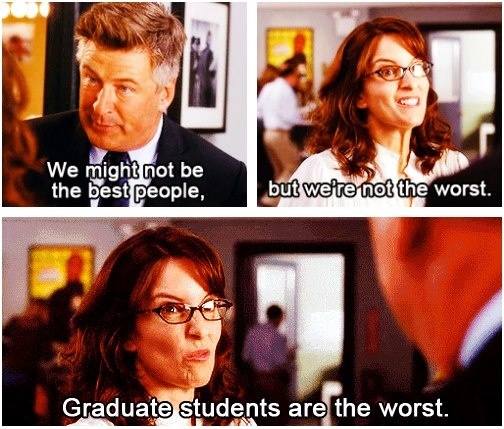Rey's ambiguous head bobbling mirrors my ambivalence toward questions I have about my life in academia.
I should explain that Rey is a bobblehead of a character from Star Wars Episode VII who stands watch over my desk. I acquired her recently at a conference on digital communication technology and college writing. A keynote speaker, Allen Brizee, used Star Wars as the theme of his talk on community engagement. He has led university programs to help community members cross the "digital divide" between those with access to digital tech and those without. At the end of his speech, he had us check under our seats for a coupon for a bobblehead Rey or Finn. To my surprise, I had the coupon for Rey!
Rey, as a token of that talk, reminds me about "engaged scholarship." There's a stereotype about academia, especially about the humanities, that we are disengaged from the "real world." We sit in ivory towers and intellectualize. (In my defense, my actual cubicle is in a basement.) How does my chosen vocation as an intellectual affect my chosen religion, and vice-versa?
Bahá'ís are called to serve humanity. The obligatory prayer I recite daily contains the line, "I bear witness that Thou hast created me to know Thee and to worship Thee"--"Thee" being God. Bahá'ís believe that "work done in the spirit of service is the highest form of worship," as 'Abdu'l-Bahá said.
So, we are created to worship God, and the best way to do that is to selflessly perform work that serves others. Many Bahá'ís are also familiar with the following statement by Bahá'u'lláh about useless work:
The learned of the day must direct the people to acquire those branches of knowledge which are of use, that both the learned themselves and the generality of mankind may derive benefits therefrom. Such academic pursuits as begin and end in words alone have never been and will never be of any worth.
A profession that centers around the production of words, as many academic vocations do, should benefit people through those words. Only one year into grad school, I've produced words--thousands of them--and I'm wondering, are these words engaged enough? I've attempted to take on "real world" issues like women's rights, religion, and immigration in my research. But is it enough?
Recently, as I prepared a presentation for the digital communication conference, I reached out to moderators on the immigration website I've been researching. One moderator responded to my inquiry with annoyance. The gist of his response was that the site was there to help real people with real problems--not for me to use for research. The subtext was, academic research does not help people, and it's kind of a waste of time.

Liz Lemon agrees... (Image source)
Ouch! Was this what "real world" people think of my research? After talking through my reaction with my husband, an immigrant to the US, I wrote a reply: "like you, I think [this site] is a unique online community that does truly help people with their real life immigration questions. Many immigration scholars wish to empower immigrants, and my goal is the same."
But I kept cogitating. If I published my findings, would it really accomplish my goal? Would it help any immigrants? Or, to make a "real" difference, should I be finding local immigrants to directly help? I know in my heart that I'm trying to serve humanity through my research, but I'm still trying to discover how to make the words I pen in my ivory cubicle impact that vaster place known as the real world.

